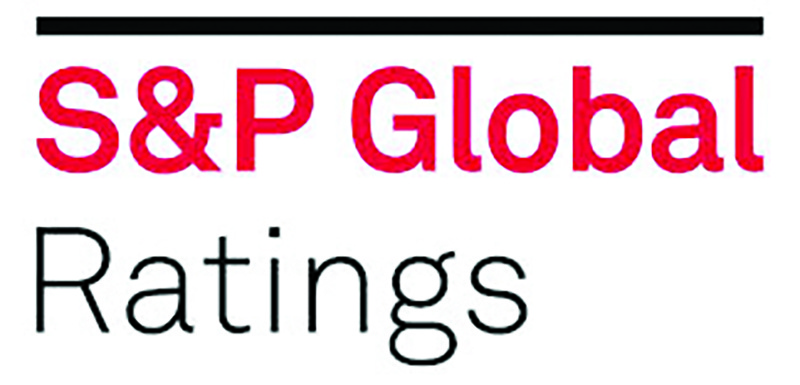
KUWAIT: S&P Global Ratings on Friday revised Kuwait’s outlook to ‘negative’ from ‘stable’, saying it expects that the country’s main liquidity buffer, the General Reserve Fund, will be insufficient to cover central government deficit. The agency however affirmed the country’s ratings at ‘AA-/A-1+’. “The GRF balance has been steadily reducing over the past three years, but this process has accelerated in recent months following the decline in oil prices and Kuwait’s implementation of the OPEC+ oil production cut agreement,” the ratings agency said in a statement.
Kuwait has been drawing down its GRF to plug the deficit, which the International Monetary Fund estimates could reach more than 11 percent of gross domestic product this year, compared with a 4.8 percent surplus last year. The ratings agency expects Kuwait’s central government deficit to be almost 40 percent of GDP in fiscal 2020, up from an estimated 10 percent a year ago, estimating that the GRF alone will be unable to fund a deficit of that magnitude.
In the absence of other measures, complete depletion of the GRF could lead to a hard budget constraint for Kuwait, which could precipitate a distortionary expenditure adjustment when economic performance is already weak, S&P said. A government official, speaking on condition of anonymity, had told Reuters on July 12 that the state was considering selling assets of the GRF to the Future Generations Fund as one alternative to plug the deficit.
The Future Generations Fund automatically receives 10 percent of state oil revenue each year and accounted for about $489 billion of Kuwait Investment Authority’s estimated total assets of $527 billion at the end of March, according to Fitch Ratings estimates.
“The ratings are constrained by the concentrated nature of the economy and relatively weak institutional settings compared with those of non-regional peers in the same rating category. Kuwait derives about 50 percent of GDP, more than 90 percent of exports, and about 90 percent of fiscal receipts from hydrocarbon products. Given this high reliance on the oil sector, we view Kuwait’s economy as undiversified,” the report said.
“In addition to its impact via the oil industry, we project that COVID-19 pandemic will also take a direct toll on Kuwait’s wider economy, similar to most other countries this year. Kuwait’s economic growth was already sluggish even before the onset of the COVID-19 pandemic, with output expanding by just 0.4 percent in 2019 and 1.3 percent in 2018.
“As such, Kuwait’s growth rates will remain lower over the economic cycle on average compared with other countries at a comparable level of economic development. Against the background of the pandemic, the government has announced a renewed Kuwaitization effort, whereby expat workers should be replaced by Kuwaiti nationals,” the report added. — Agencies
.jpg)
